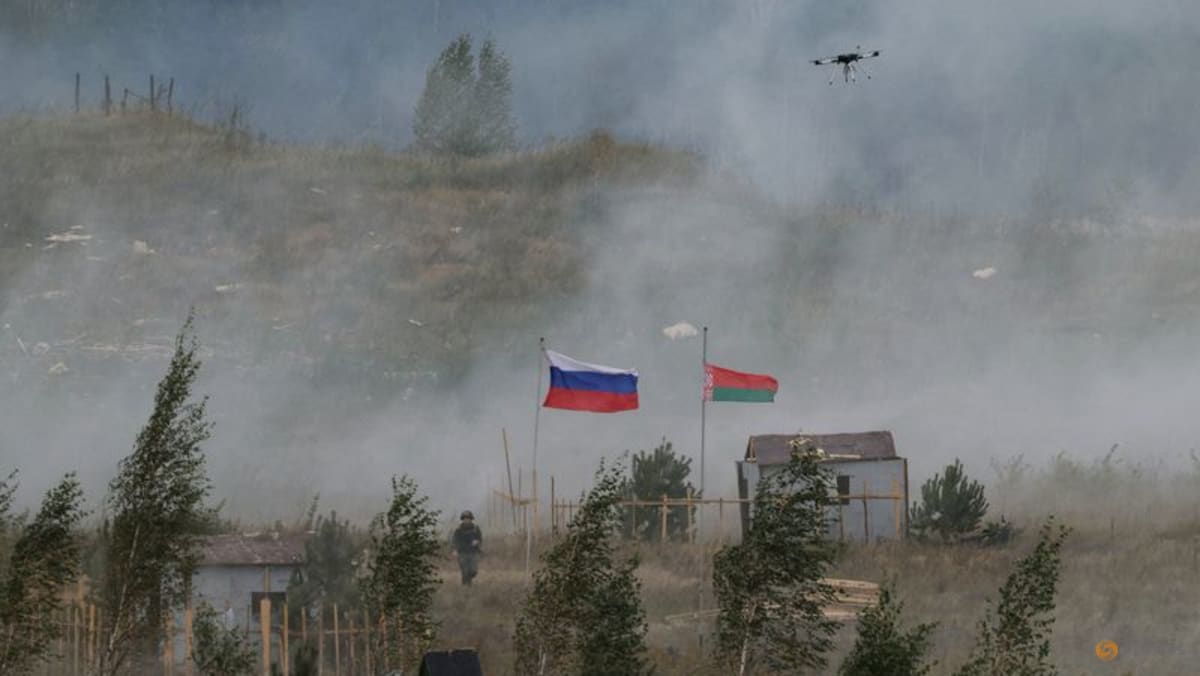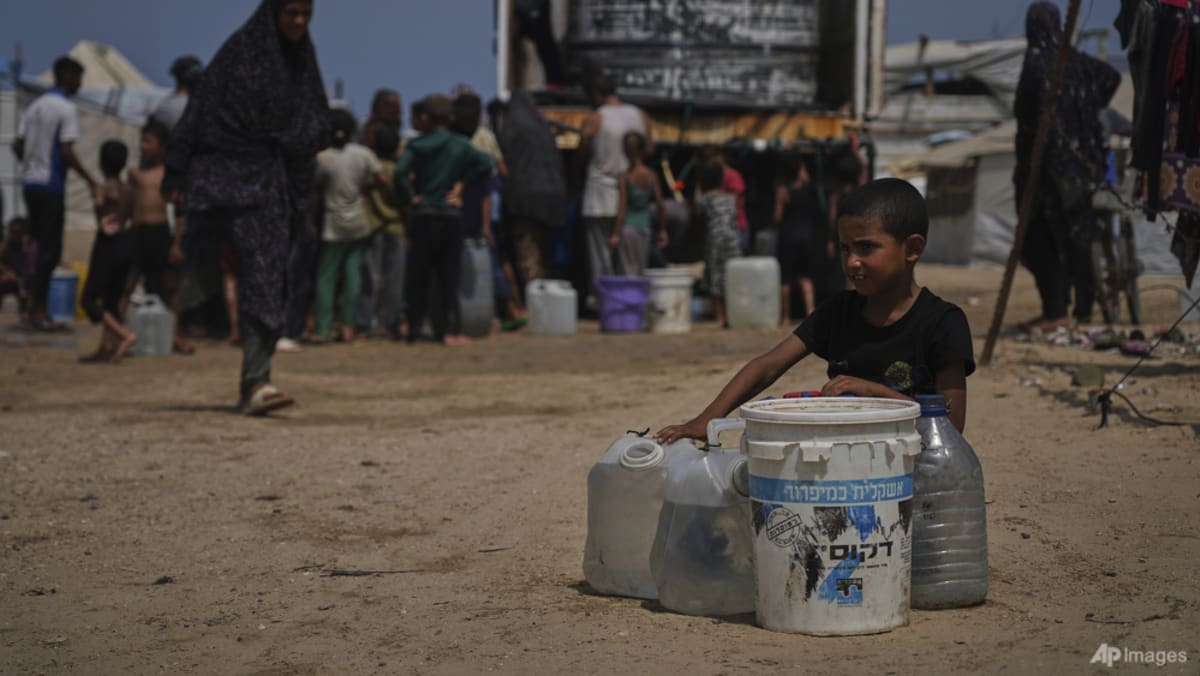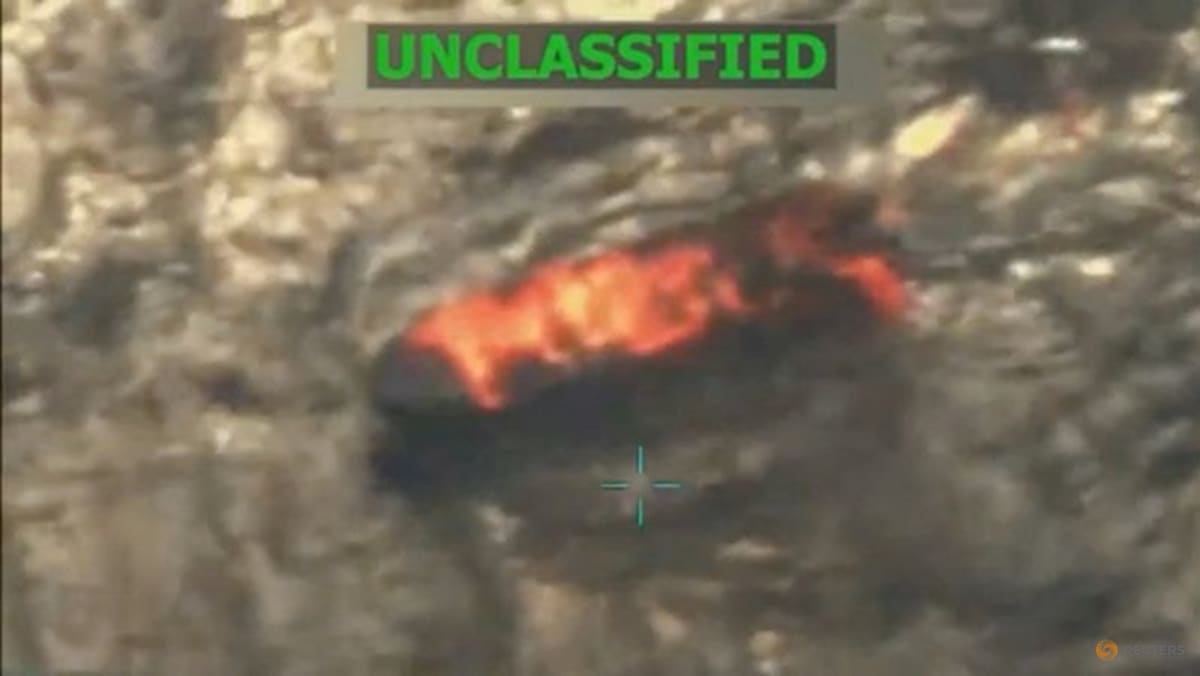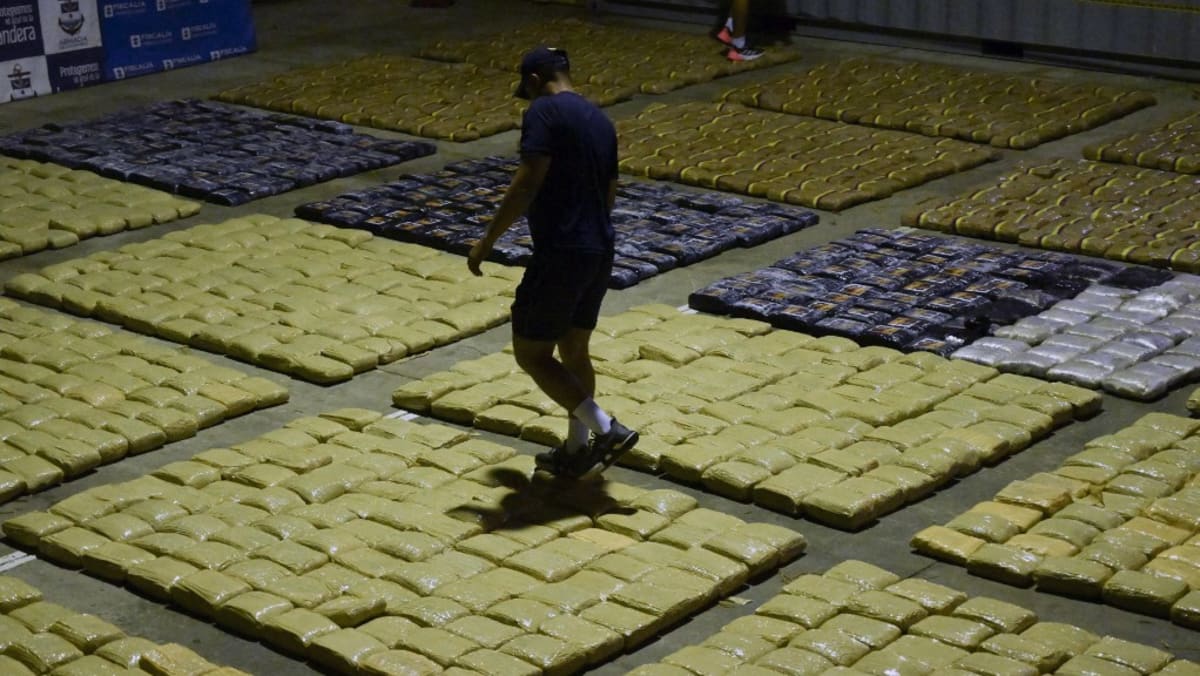A WAREHOUSE OF REJECTED GOODS
Drivers coming from Egypt cannot go directly to the Gaza side of the Rafah crossing, which had been operated by the Hamas-run border authority but is now closed.
Instead, they route to the Israeli crossing of Kerem Shalom, about 3km to the south, where shipments undergo checks.
Kamel Atteiya Mohamed, an Egyptian truck driver, estimated that of the 200 or 300 trucks trying to get through this route every day, only 30 to 50 make it.
“They tell you, for example, that the pallet doesn’t have a sticker, the pallet is tilted, or the pallet is open from the top. This is no reason for us to return it,” he told Reuters.
He said that while the Egyptian crossing was open day and night, drivers often arrived at Kerem Shalom only to find it closed, as it does not normally operate beyond weekday business hours.
“Every day it’s like this,” he said. “Honestly, we’re fed up.”
While COGAT did not address specific questions about the driver’s remarks and allegations of inflexible working hours, it said that “hundreds of truckloads of aid still await collection by the UN and international organisations” on the Palestinian side of the border crossings.
A logistics site set up by the Egyptian Red Crescent near El Arish town, 40km from the border, where shipments coming from Egypt to Gaza are loaded, has a tarp tent warehouse devoted to goods turned back from the border.













